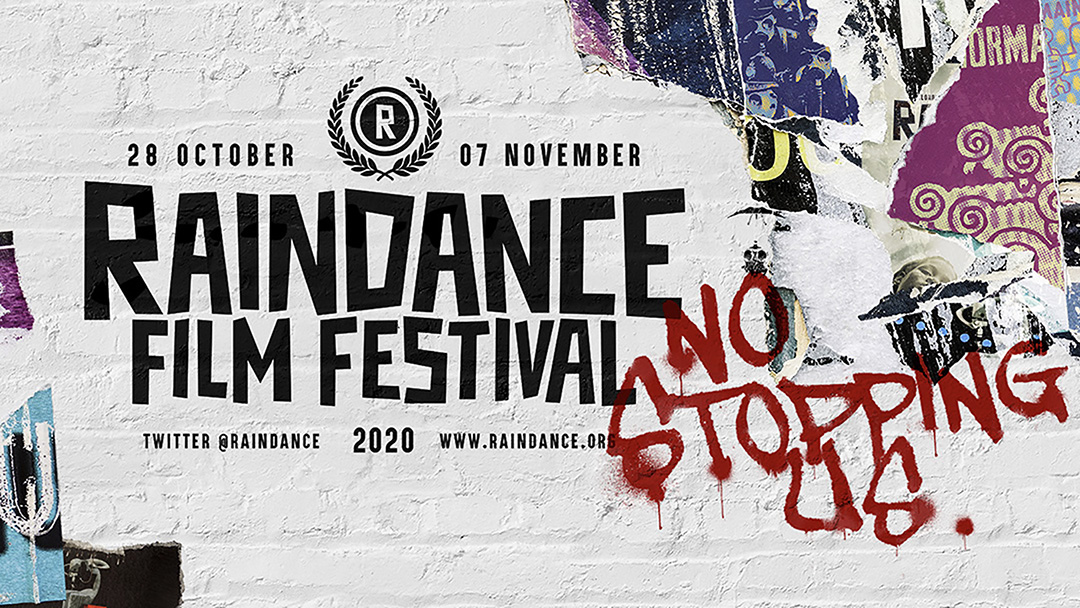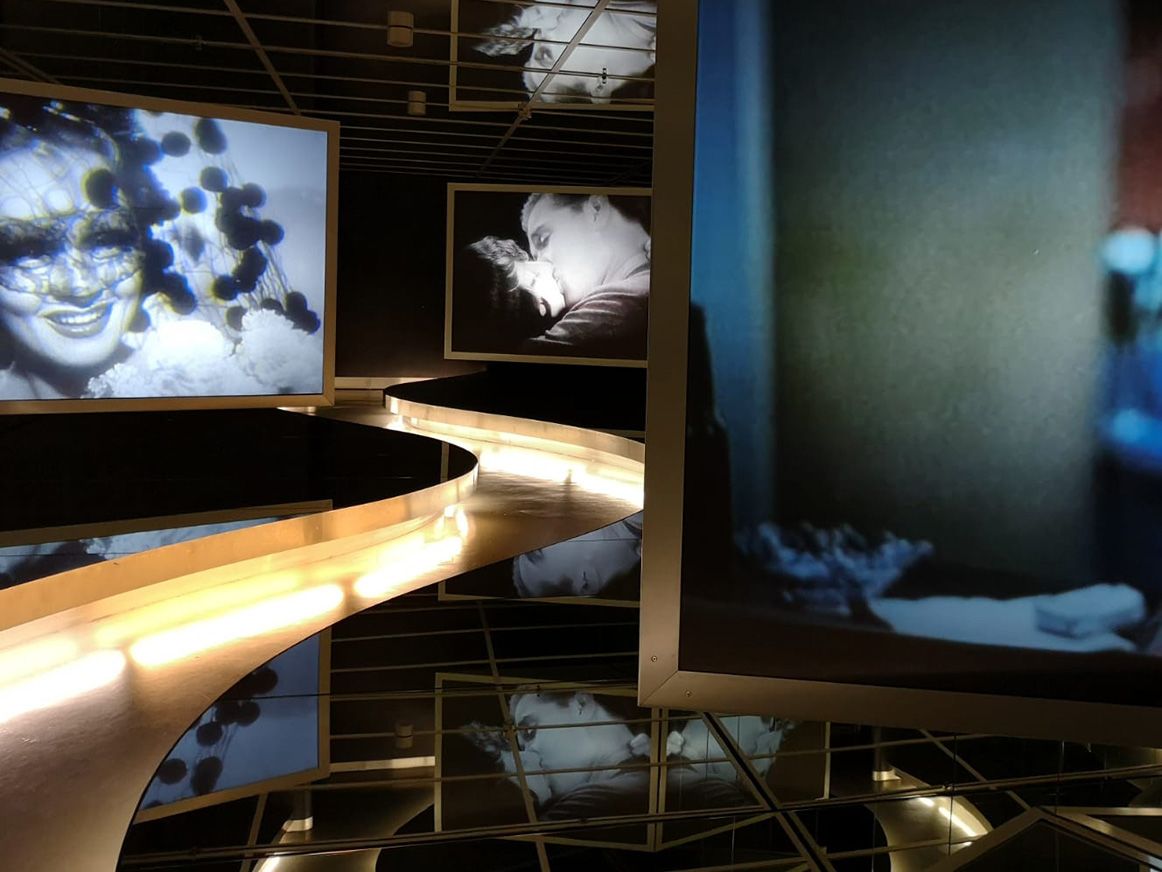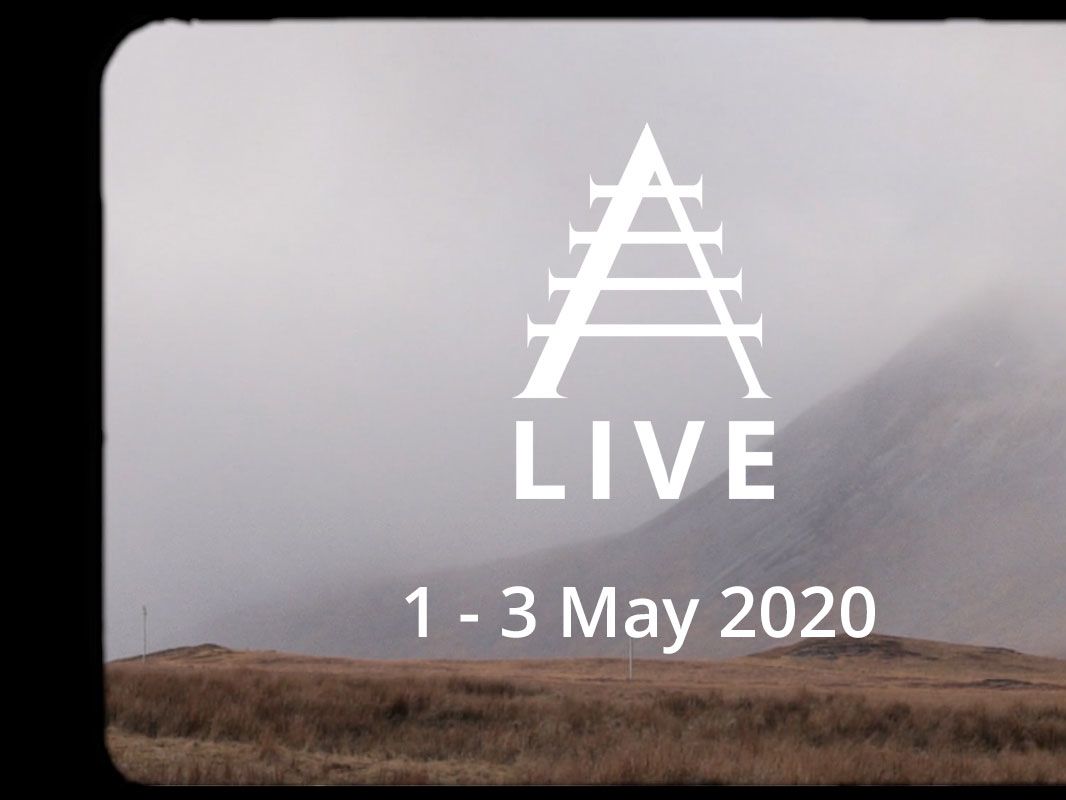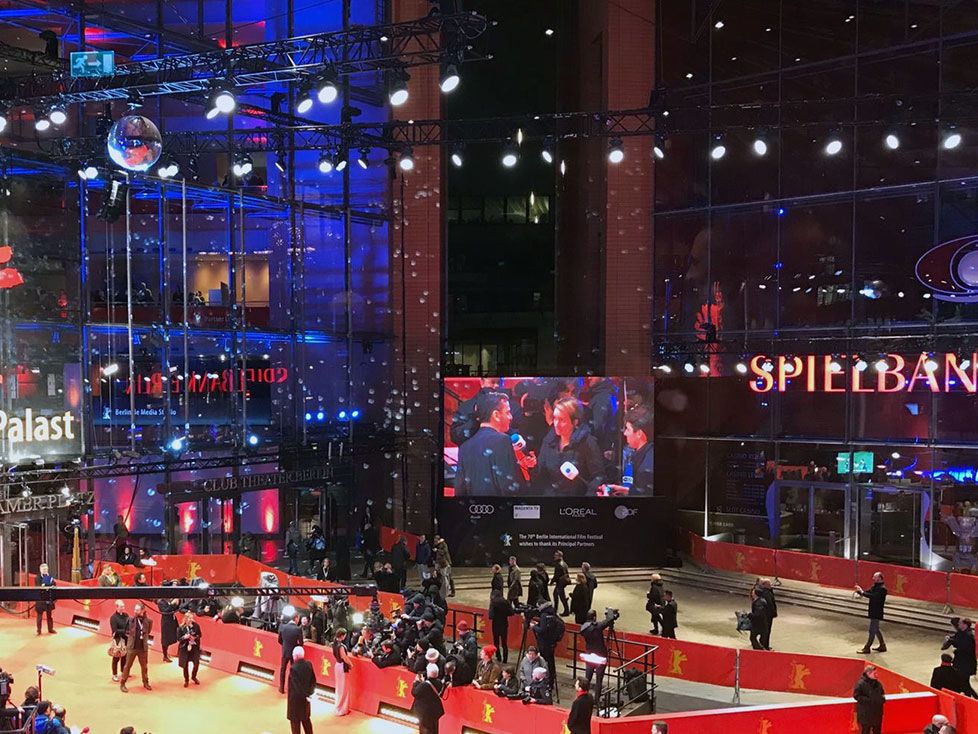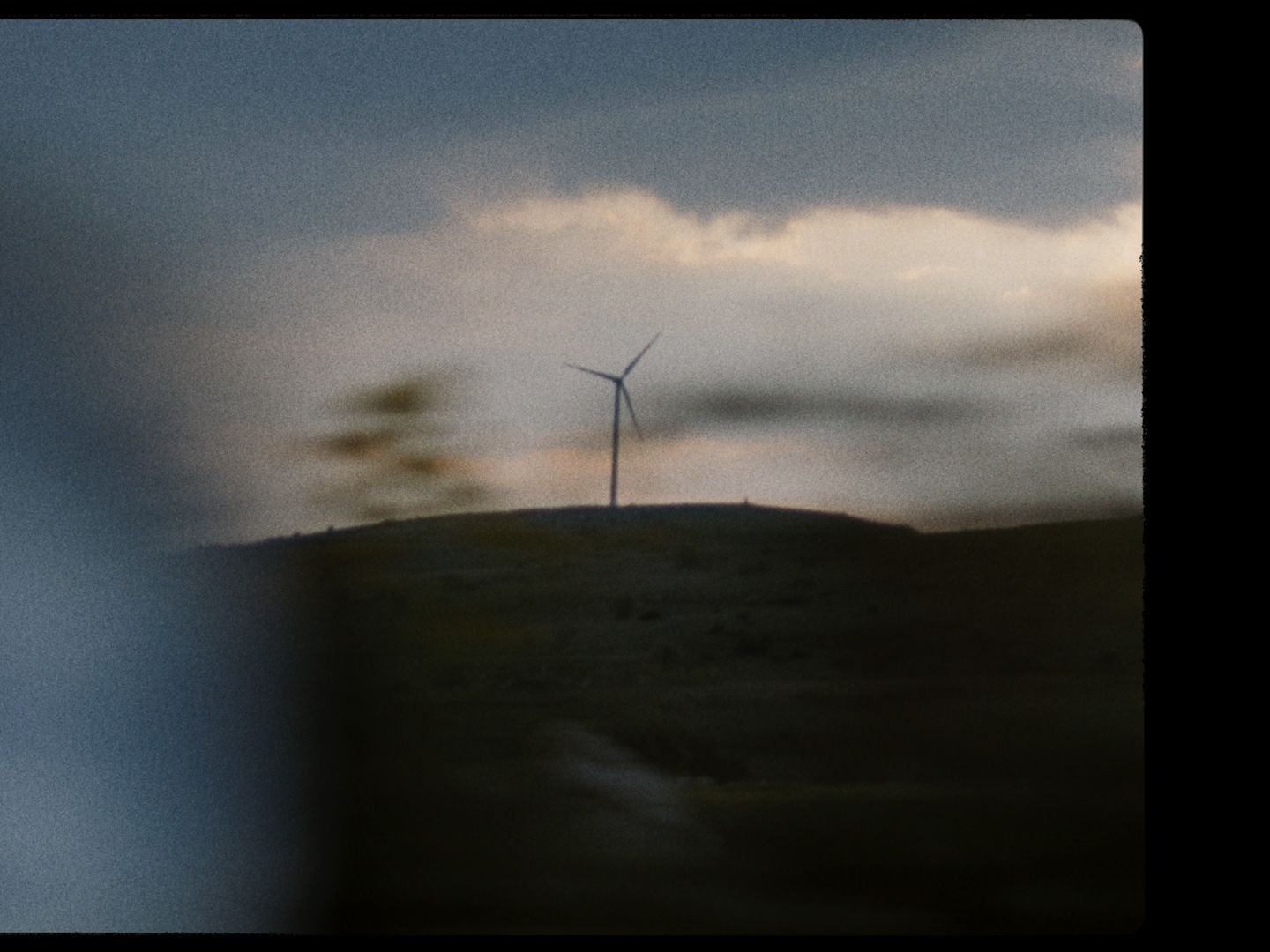On BA (Hons) Film and Screen Studies at London College of Communication (LCC), students explore the histories, theories, cultures and frameworks that have shaped the field. As part of their Curating for the Screen unit in Autumn 2020, they were invited to develop their communication and criticism skills by writing guest-reviews for the 28th Raindance Festival.
Raindance was founded in 1992 with the aim of celebrating independent filmmaking while supporting emerging talent. It launched the inaugural edition of its Film Festival the following year, which has since grown to become the largest festival of independent film in the UK. Recognised by major industry bodies including the Academy of Motion Picture Arts and Sciences and the British Academy of Film and Television Arts (BAFTA), Raindance also offers a suite of film training courses in cities around the world, and has hosted the British Independent Film Awards (BIFA) since 1998.
While the Raindance Film Festival was forced to migrate online for the very first time in 2020, it continued to showcase outstanding work from independent filmmakers across the world through a digital programme of screenings, industry talks and live Q&A sessions. This approach also provided an opportunity for LCC students to collaborate with the Festival remotely, developing critical responses on selected films for its official blog before getting the chance to interview film producer and Raindance founder Elliot Grove, who reflected on 30 years of curating film screenings and celebrating independent film.
We caught up with BA (Hons) Film and Screen Studies students Michelangelo De Cia and Arbaab Anwar to discuss their experiences of writing for the official Raindance blog and highlights from their time at LCC so far.
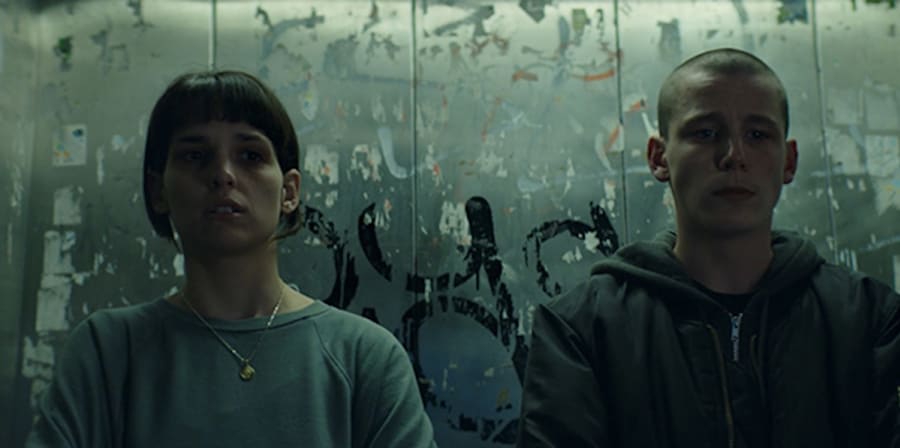
How did you find out about the opportunity to write for Raindance?
Michelangelo: Our tutor Ed Webb-Ingall originally brought us the idea - every student could choose a film from the festival programme, and would be sent a private viewing link before writing a review. I was excited when Ed told us about the opportunity; I thought it was great!
Arbaab: When I first heard about the idea, I decided it was too good an opportunity to pass up.
What was your creative process behind developing your film review, and why was being featured by Raindance such an important opportunity for you?
Michelangelo: I was first drawn to the film I chose, Thou Shalt Not Hate, because it’s an Italian production. Being a native Italian speaker, I felt like I could get more out of the actors’ performances.
First, I had a look at the director’s past works, and then I watched the film. I tried to put together information on the writing and production process by reading and watching interviews with the cast and director. I wasn’t really interested in reading other people’s reviews as I was trying to come up with a more personal response myself.
After writing the first draft, I watched the film again so that I could focus on the details. Once finished, I submitted my review and eventually, it was published on the website.
I’ve known about Raindance festival for a couple of years and I love the films they screen, so the idea of getting my review published on Raindance’s website was amazing, and a real incentive for me to focus more on writing.

Arbaab: After reading up about the programme and gathering the premise of each one, I selected my chosen film: True North. After watching it, I thought carefully about the things that stood out to me, which I made the focus of my review.
I was very excited to see my feature on the Raindance website as I’ve never had my work published online before, so to write for such a successful film festival is a massive achievement. This opportunity was important for me because it’s the first creative piece of work I’ve done that feels really professional.
What did you most enjoy about the Q&A session with Elliot Grove?
Michelangelo: Meeting Elliot was the best session of the academic year so far, and it motivated me to work on independent productions. He suggested several free resources to the class that could help us develop our careers and get to know the distribution film industry. The way he values films based on their merit rather than the scale of their budget made an impression on me.
Towards the end of the session, I asked him what the film with the lowest budget to ever make it into Raindance was. He told me that it was Colin, a 2008 film by Marc Price which was completed with a budget of just £45.
Elliot went on to explain how good films and big budgets are often totally disconnected, which as an independent director, I found inspiring - particularly when said by the founder of such a renowned film festival.
Why did you apply to BA (Hons) Film and Screen Studies at LCC?
Michelangelo: I’m looking forward to starting a career in the film industry. I believe that, right now, there are lots of free tools that can help you learn how to make what you want with a very small budget at home - it really comes down to personal research and practice. However, I found it was difficult to find structured education around film analysis on my own. Even though there are plenty of resources online, having the opportunity to discuss this with professors and my class makes it a collective experience rather than a personal one.
I feel like this particular course has the right balance between theory and practice. It also enables me to get in touch with professionals like Elliott Grove directly, which is great.
Arbaab: Throughout my time in sixth form, I was actually convinced that I wanted to study psychology; however, on Results Day, I realised that this would be my last chance to possibly adjust what course I’d be able to do. After thinking about things, I decided I wanted to study film, and was able to apply to UAL.
What have been your highlights of the course so far?
Michaelangelo: I’m really interested in the more theoretical part of the course, especially when it comes to looking at films as products of culture. This year, getting to know all of the industry professionals we hosted was truly a great surprise, and so was the opportunity to work on hosting film events.
Arbaab: My biggest highlights have been the workshops during our first year. I enjoyed the high amount of practical work involved combined with the knowledge that I gained throughout these sessions.
Related links:
- Explore the Raindance blog.
- Learn more about BA (Hons) Film and Screen Studies at LCC.
- Find out more about our Screen School.
